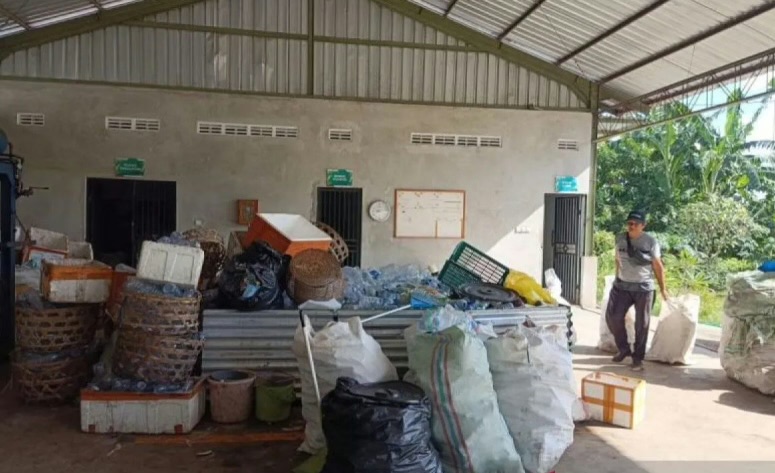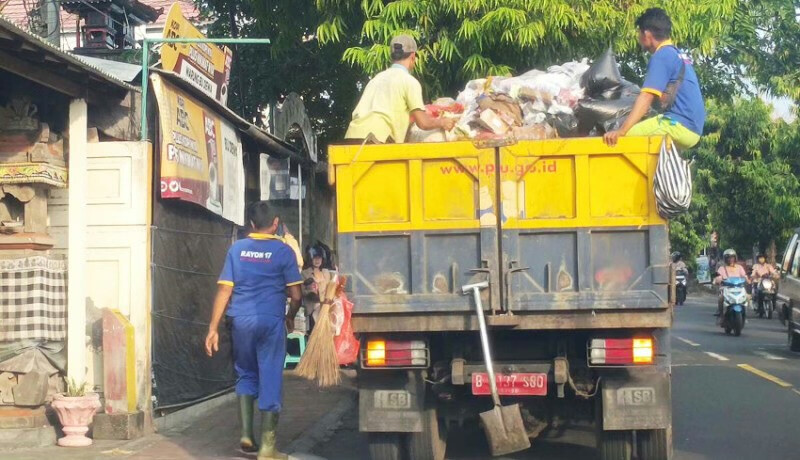The village of Kedonganan in the Badung district has shown that waste can be profitable. Since 2022, the Pertamina Patra Niaga Regional Jatimbalinus division, with support from the Ngurah Rai Airport Depot Operations Service (DPPU), has been developing the environmental program Ekoreligius (EMS) here.

Its hub is the TPS3R station, operating on the "reduce, reuse, recycle" principle. Around nine tons of waste are collected daily in Kedonganan: 200–400 kg of kitchen scraps are turned into compost, and another 200–300 kg of plastic, paper, and metal are sorted and sold to processors.
Kedonganan was the first in Bali to implement digital waste collection control: each container is marked with a barcode, and the system records the volume and correctness of waste sorting, rewarding disciplined residents and penalizing violators. The program involves 952 families (3249 people); 5.8% of low-income households are engaged. The station employs 25 people, who earn no less than the provincial minimum wage of 2,955,610 rupiahs.
According to the head of the Kedonganan Ngardi Rezike center, I Wayan Widiantara, waste no longer ends up in rivers and oceans, the streets have become cleaner, and the amount of waste sent to the landfill has significantly decreased. The project fully complies with Bali Governor's Decree No. 47/2019, which requires municipalities to apply the 3R principle, and serves as a model for other regions in Indonesia, proving that sustainable development is achievable through the cooperation of the government, business, and residents.

You can add one right now!